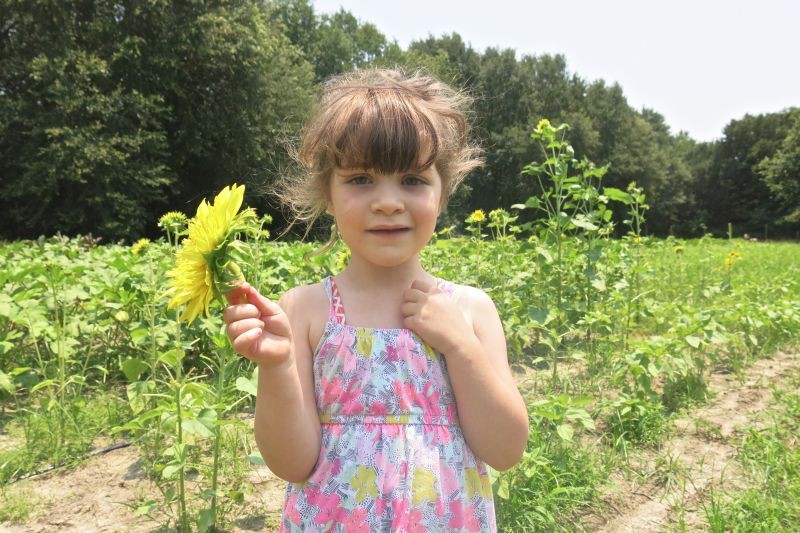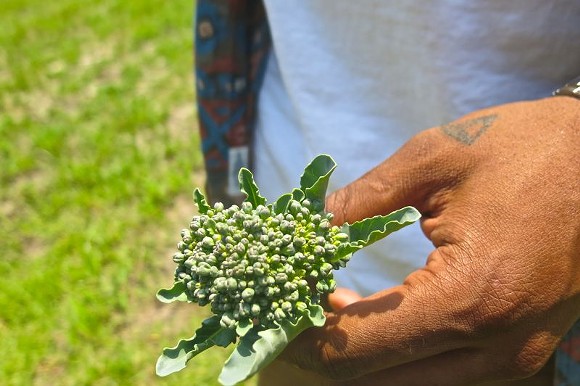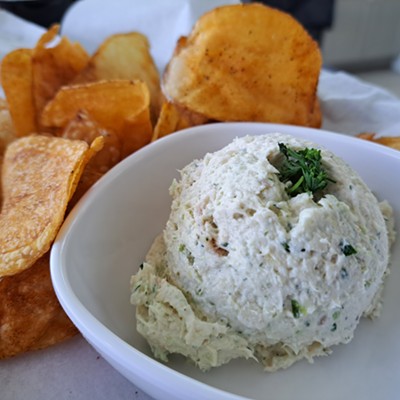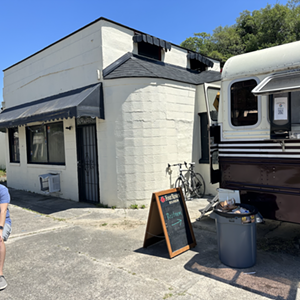AGRICULTURE in America has been through some major transitions since we have entered the 20th Century. We have moved through the Industrial Revolution and now the age of technology, with each leaving their impression on our agriculture.
The Industrial Revolution allowed farmers to spend less time and energy on their farms because of the transition from using animals to using machines like tractors.
This helped the entire industry to become more efficient, which brought the overall cost of food down, and in turn allowed people to spend money on other things, which helped usher in the wave of technology.
While farming still plays a major role in the national economy from a broader aspect, it has diminished its role as a big contributor towards the GDP. In the same breath, the population of people living on farms as significantly decreased as we have very few counties that are considered “farming-dependent.”
Things are getting slightly better in a lot of those areas, so the future is not dreary; however, we do have to get better at maintaining a level of awareness when it come where our food is actually coming from. Some would say this recent resurgence of farmers has come from the now trending “farm to table” style of building a menu.
Chefs all over the country continue to emphasize using what is in season, and are taking that approach when changing their menus to use what is around them at the peak of their flavor.
I can agree on the farm to table premise, and I know it has contributed towards everyday consumers understanding the true definition of words and phrases like “fresh” and “in season.”
If you’re buying avocados from Kroger three times a week, you probably have no idea what an in season avocado tastes like, and how could you? When have we been educated on the benefits of eating seasonally? Or more importantly, the dangers of not?
This resurgence of farming is not just a trending thing, but rather something that has come full circle, and is now is being executed out of necessity. Probably one of the most impactful productions of the technology revolution we are currently in has to be the internet.
There are positives and negatives to that, but a positive point has been the ability for people to educate themselves on any and all subjects; including where their food comes from. I believe that once people started to become aware of the potential risks of the food that we had been hypnotized into believing we good for us, the collective conscious began to question things.
Why have obesity rates skyrocketed? Why do we have so many of our children being diagnosed with diabetes? Why are these processed foods cheaper than the whole foods our bodies need?
We are done being force-fed sugar and processed grains. We are over being force-fed misinformation, and we want a better foundation for our children to grow from. So I believe our collective consciousness is beginning to show its distaste for big business influencing what we eat.
I had the chance to meet one of these families joining the movement, the owners and operators of The Back Forty Farm, Travis and Jenna Alstad.
Producing on about three acres of land, this couple has been expanding their farm since its creation in 2012. Travis, graduate of University of Georgia, studied and received his masters in Marine Biology.
After working in his field for a few years, he decided one day, after a lifetime of loving gardening, that he wanted to stop what he was doing in order to become a farmer. And that is exactly what they did.
No family background in agriculture, no prior knowledge on farming aside from the small scale gardening he had been doing his whole life.
“I just really loved gardening”, Travis said. “We started with a small piece of land, grew a ton of fall greens, and have been expanding and growing ever since.”
Travis handles all of the intensive physical labor that the farm demands, and Jenna handles the sales and marketing.
“I remember during that first harvest, asking Travis what he was going to do with all of those vegetables. We ended up packing as many boxes as we could, and sold them all to our friend and family,” Jenna said. “We’ve had a waiting list ever since.
In addition to living off of the land, The Back Forty Farm sells farm boxes filled with seasonal produce that is delivered weekly directly to your front door. Everything from squash, to okra and cherry tomatoes. Fat juice eggplants to sweet mouthwatering corn.
They are even working on an orchard that will be filled with mandarin oranges, kumquats, and other seasonal fruit.
“We have to be retrained on how to eat seasonally,” Jenna explained. “The hardest part is not eating things that are not in season like tomatoes, but once you have had them for a season when they are ripe, having them any other way doesn’t make sense.”
If we can continue to see the benefits of eating food the way it was intended, maybe we can start to slowly chip away at the big business model, and move into a new age of agriculture. We can start seeing the value in farming, and design our lives more around agriculture than we do around technology.
Agriculture has always been part of our foundation as Americans, and it is time that we start engaging with food the way we are supposed to. The Back Forty Farm is a great example of how we can support local farming, and continue to search for that middle ground when it comes to our food.
Although Back Forty has a waitlist for the spring/summer, they are taking requests for the fall/winter farm boxes as well. Visit www.thebackfortyfarm.net for more information. Let’s keep stirring that pot people.





























